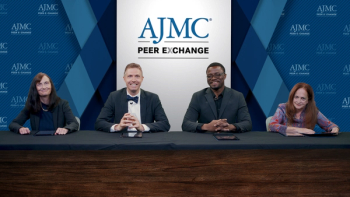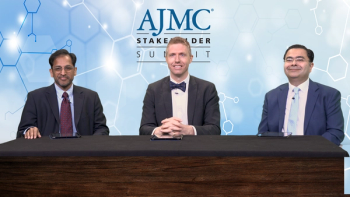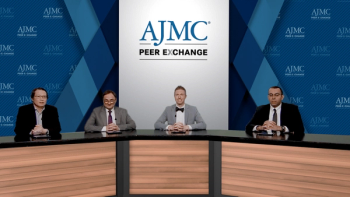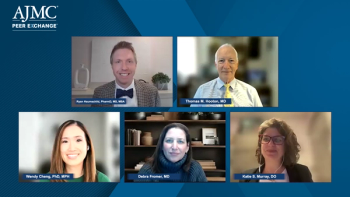
Panelists discuss how effective management of idiopathic pulmonary fibrosis (IPF) and progressive pulmonary fibrosis (PPF) relies on early, accurate diagnosis and multidisciplinary collaboration, with a focus on personalized treatment strategies, proactive adverse effect management, and supportive interventions like pulmonary rehabilitation and nutrition to enhance quality of life and improve long-term outcomes.






